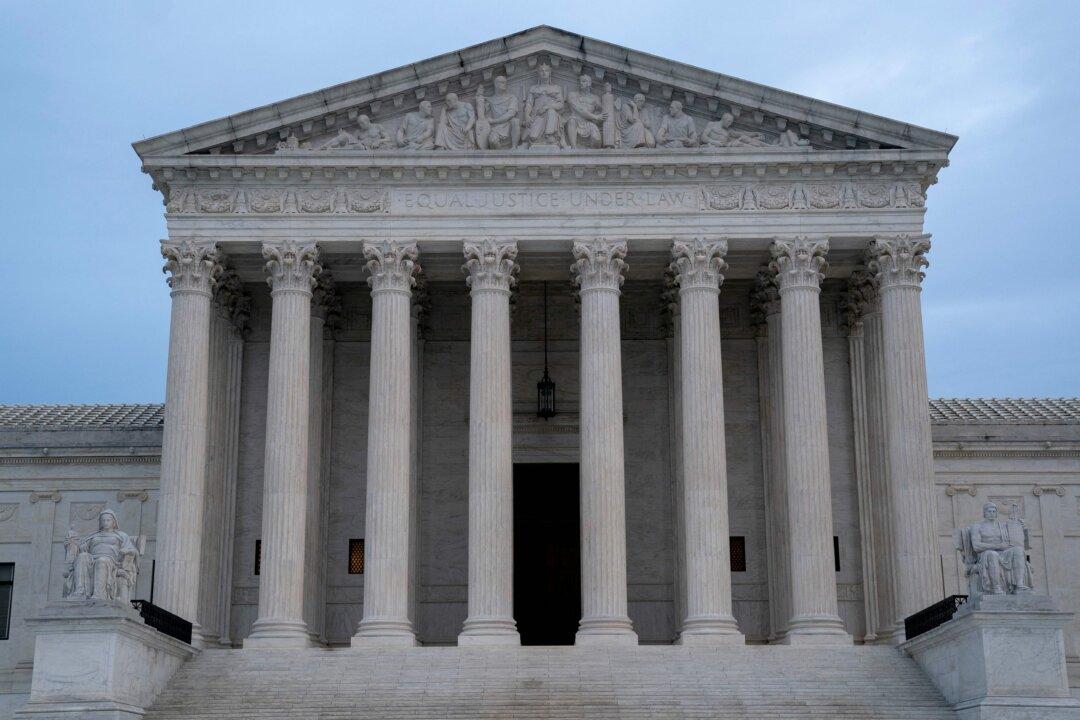Two Montana property owners who claim that the U.S. Forest Service cheated them by changing the terms of a decades-old public access agreement affecting their private land made their case before the Supreme Court on Nov. 30.
The case is Wilkins v. United States, court file 21-1164, an appeal from the U.S. Court of Appeals for the 9th Circuit, which threw out their claim on procedural grounds. The case concerns the federal Quiet Title Act, which allows parties to sue the U.S. government in certain kinds of property disputes.





